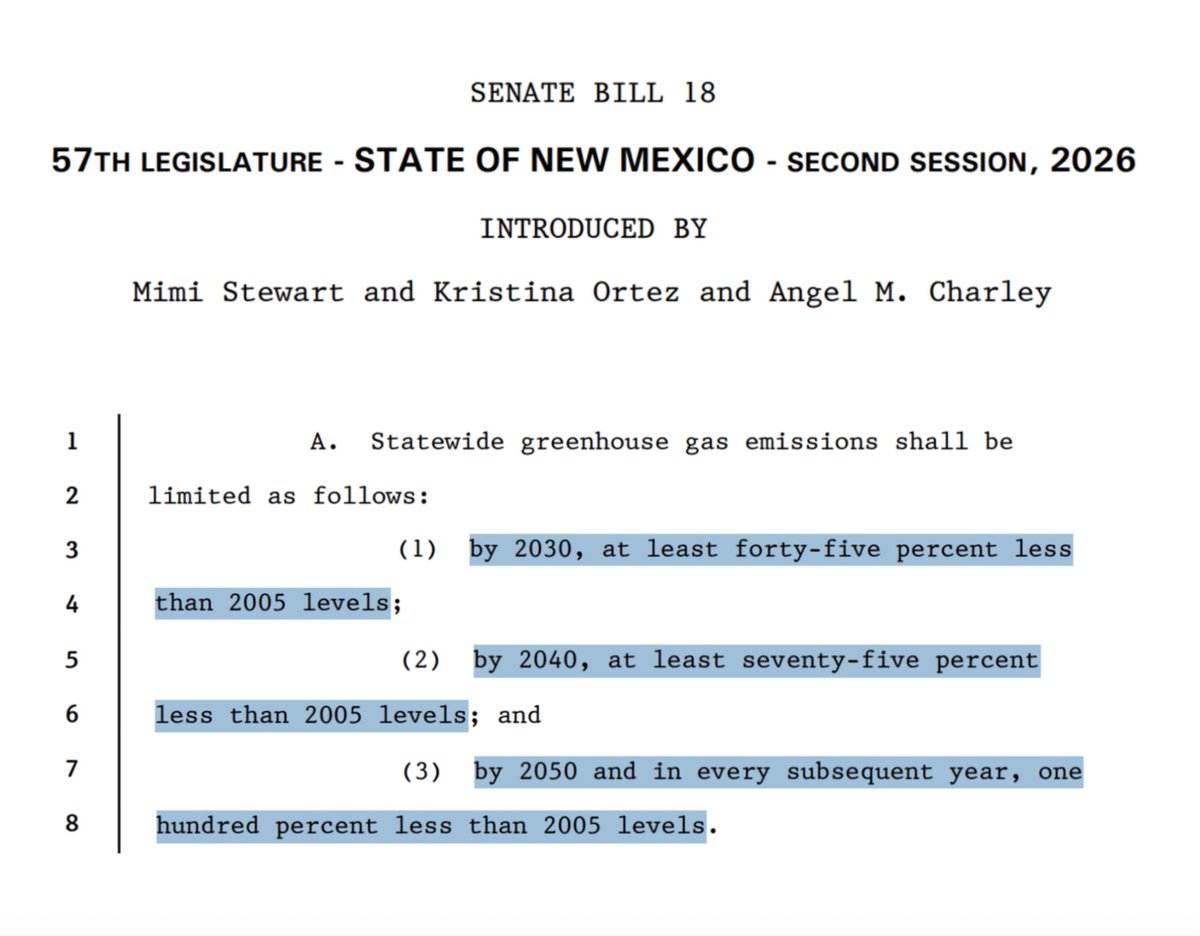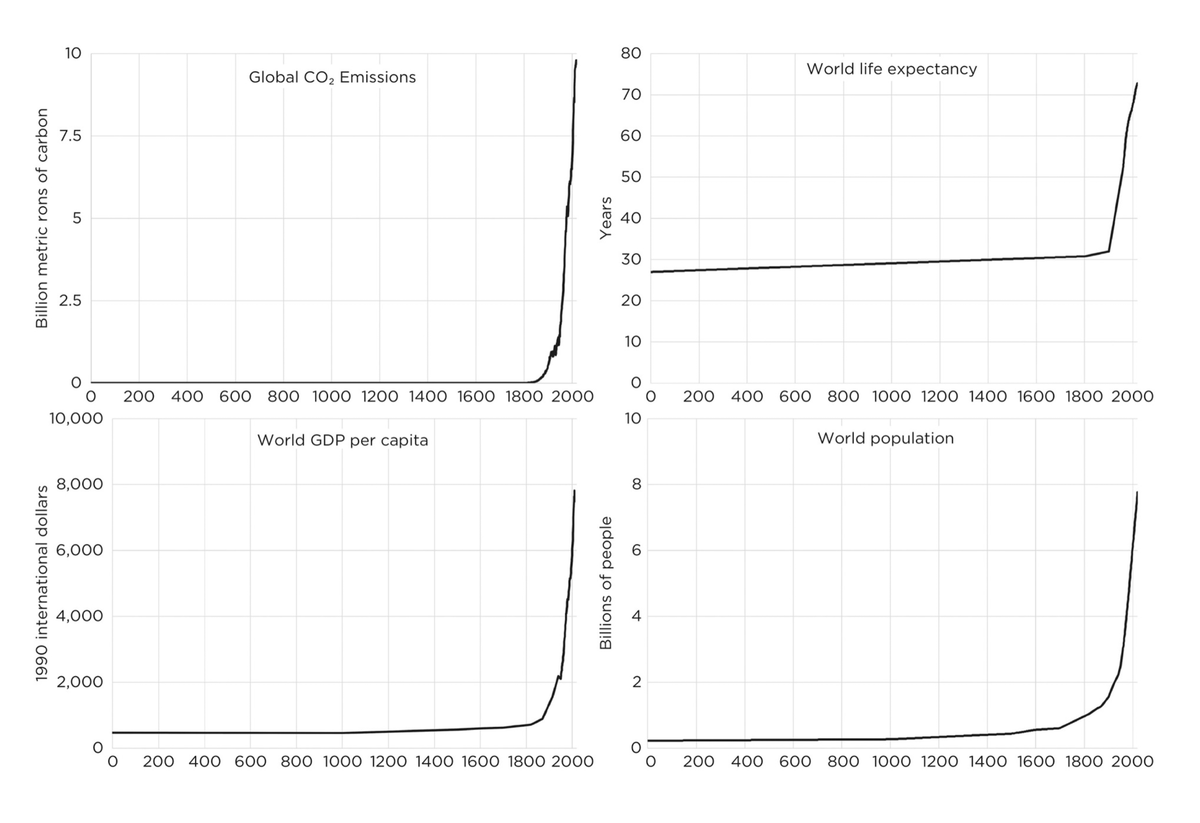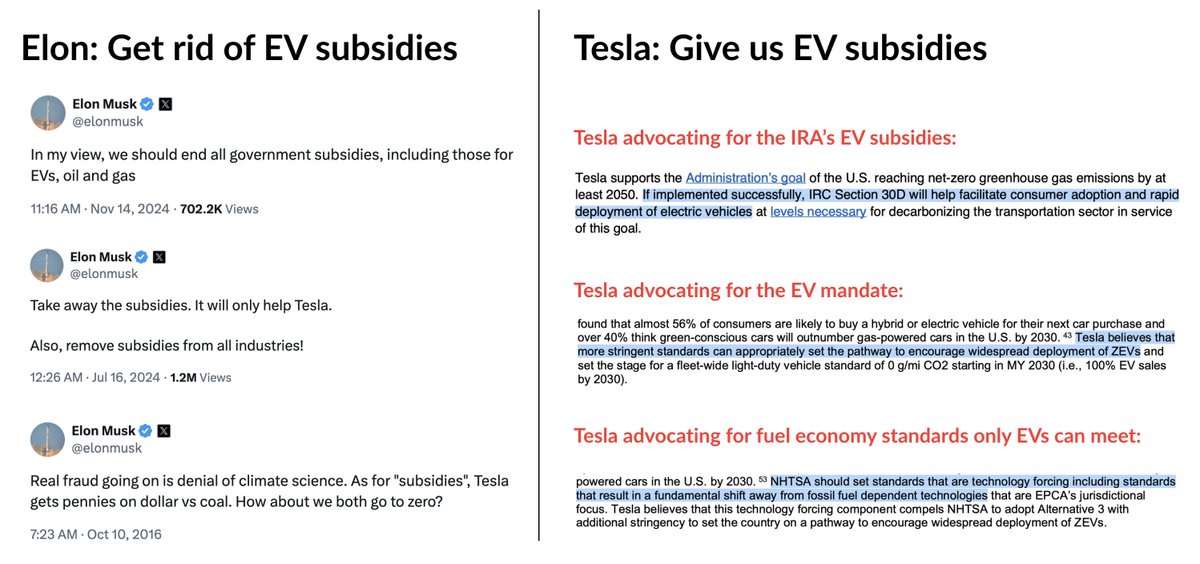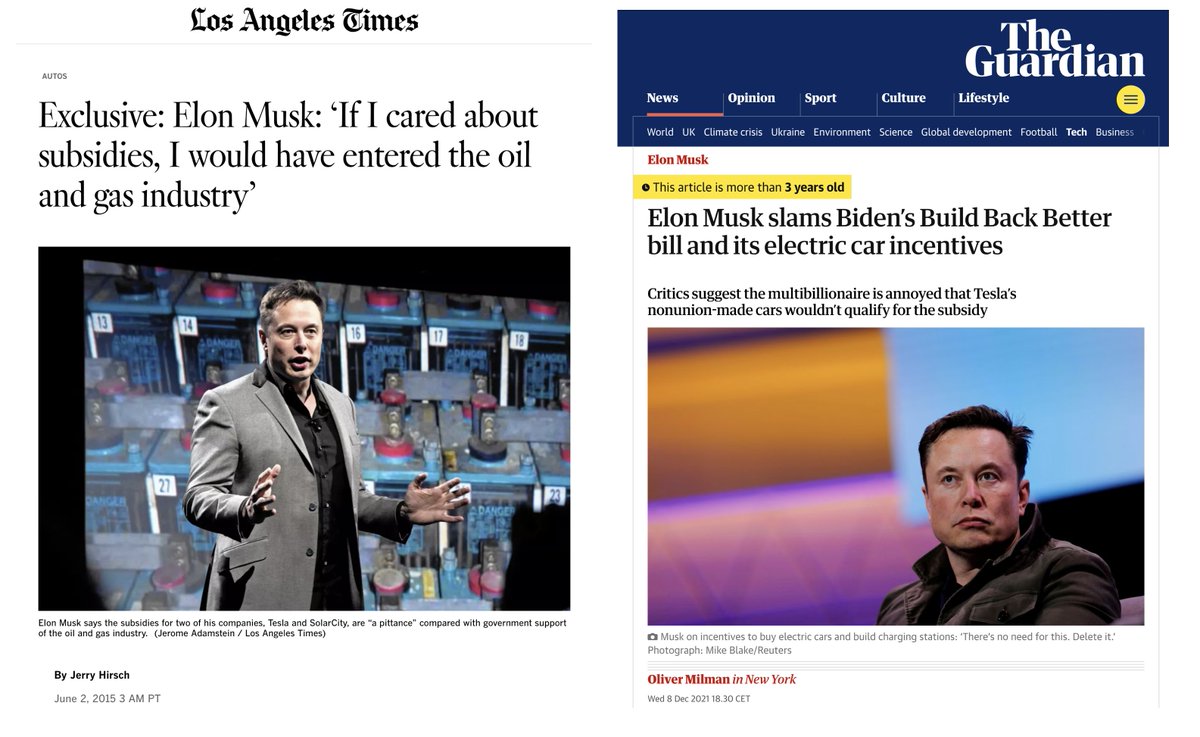Many people have asked me what I think of Twitter-promoted @JesseJenkins' account of the TX situation. Turns out he preemptively blocked me, but looking at his thread from another account I believe it's deliberately superficial, evading root causes that damn his favored policies. 

Let's start with the simple truth: *the only real reason reliability has suddenly become an issue, everywhere*, is that policy now rewards unreliability and punishes reliability.
For much more on this read @MeredithAngwin's excellent "Shorting the Grid."
For much more on this read @MeredithAngwin's excellent "Shorting the Grid."
https://twitter.com/AlexEpstein/status/1361873404341547009
The primary goal of policies that reward reliability and punish reliability is to reduce CO2 emissions by the bizarre method of promoting unreliable solar and wind at the expense of reliable nuclear, as well as all other reliable power sources.
These anti-reliability policies, as I have explained in detail, are the root cause of the Texas situation.
https://twitter.com/AlexEpstein/status/1361691271199264770
Anti-reliability policies are also the root cause of the California situation.
energytalkingpoints.com/california-bla…
energytalkingpoints.com/california-bla…
Jesse Jenkins is a supporter of "net-zero" policies, which mostly consist of forcing us to use unreliable wind+solar. Thus he is a contributor to the anti-reliability policy trend at the root of TX's problems. His thread, predictably, ignores the culpability of that trend.
Jenkins' thread amounts to: Wind and solar did virtually nothing to help during the cold snap, but they were expected to do virtually nothing—so no problems there. Whereas natural gas and coal were expected to do a lot but they underperformed. So they’re the problem.
But the *reason* natural gas and coal underperformed was preventable problems caused by policies that punish reliability and reward unreliability--policies that Jenkins supports. That's why I say his analysis is deliberately superficial; the true analysis damns his policies.
Any serious analysis of what's going on in Texas should share the information captured in this chart: unreliable wind and solar electricity (green and yellow) completely fail to keep us warm or powered. Fossil/nuclear only "failed" in one place, TX, due to preventable problems. 

I respect Jenkins' knowledge of many of the specifics of the TX grid. But by not giving the bigger picture of 1) anti-reliability policies and 2) green energy failure, he is contributing to the false and dangerous "fossil fuels failed" narrative.
Don't let Jenkins or anyone else distract you from the fact that "unreliables" failed everywhere. That's the fact we need to keep in mind as we are pitched policies to eliminate reliable fossil fuels and nuclear, and to "replace" them with unreliable wind and solar. 
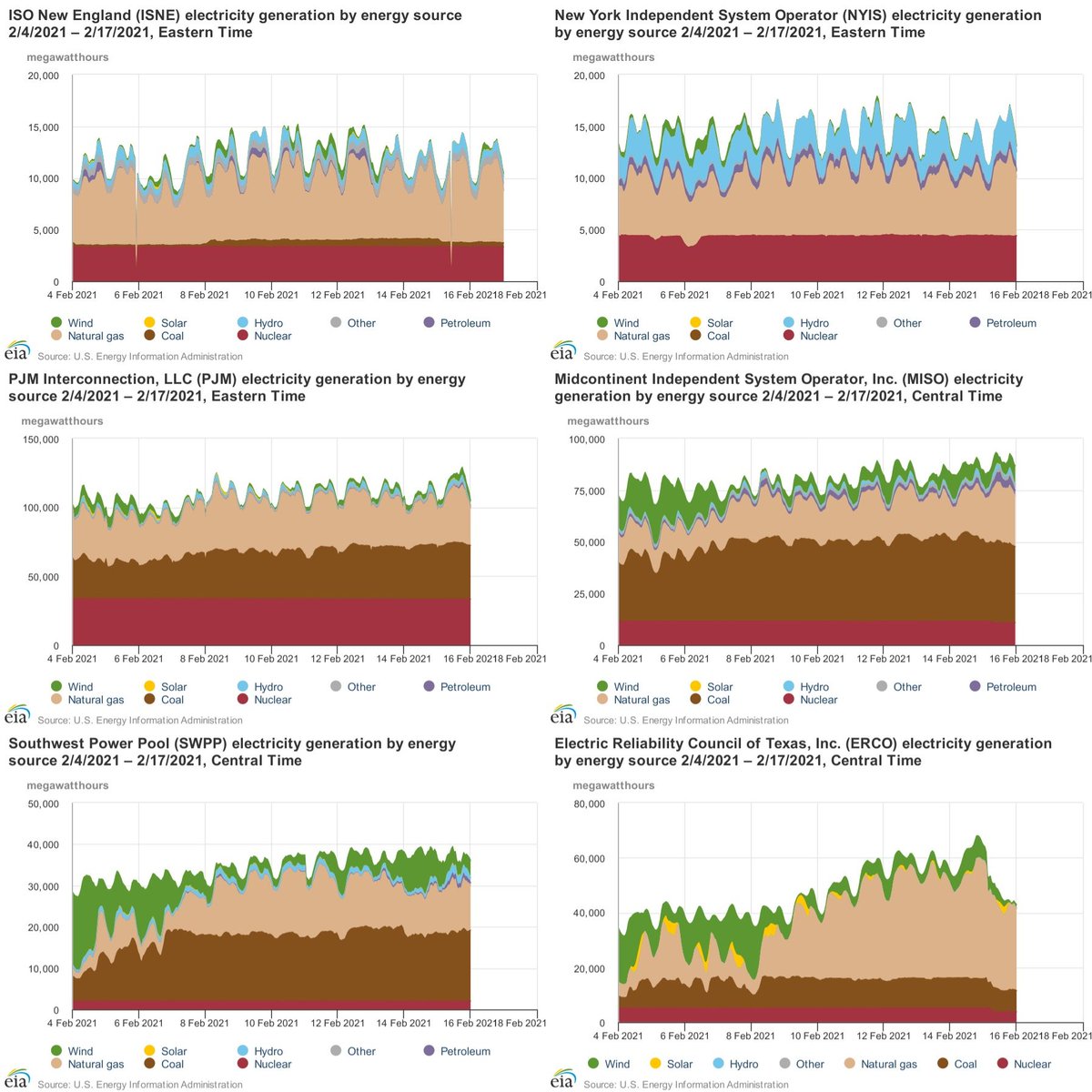
Here's Jenkins's thread. I would have quote-tweeted it, but for some reason he blocked me before I even read his post.
https://twitter.com/jessejenkins/status/1361698545649258502?s=21
• • •
Missing some Tweet in this thread? You can try to
force a refresh


